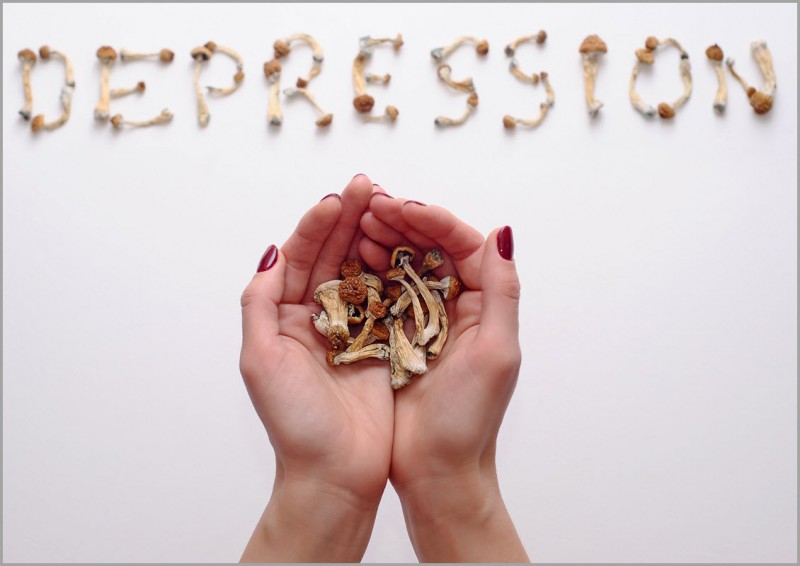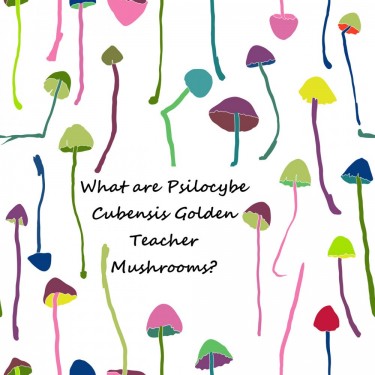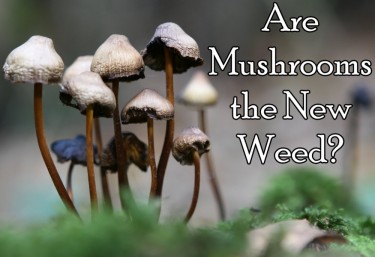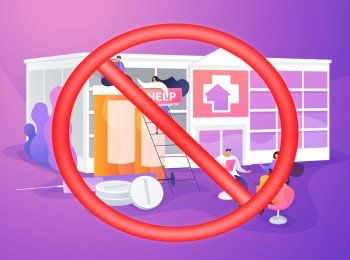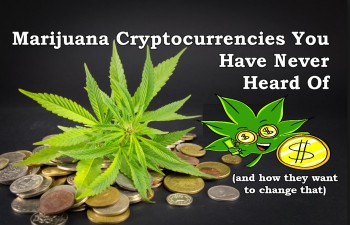More Testing Needed for Psilocybin Depression Treatments Says New Study
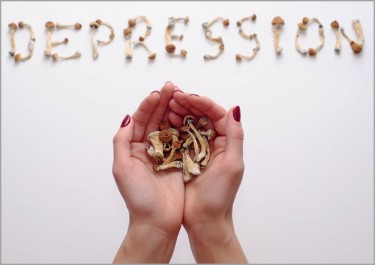
A groundbreaking study has revealed that the psychedelic drug, also called psilocybin will be beneficial in treating depression. This drug which can be found in magic mushrooms will be as good as the traditional treatments used in reducing the symptoms of depression.
In addition to this, the study also suggests that psilocybin has the capability of inducing happiness and bliss in people. Users may have improved well-being as well as feel intense pleasure after consuming this psychedelic drug.
Prior to this small-scale study, Prozac has been the go-to drug for mental patients suffering from depression. For over 30 years, since Prozac was first released, all depression and anxiety drugs that have been developed are mild variations of this drug.
Unfortunately, these drugs induce unpleasant side effects in the majority of the users that have used them. Some users might not even feel any positive effect from the moment the drug is first used, while in some other patients, the drugs stop working after a little while. This study was done to find a better treatment without using the Prozac theme.
I tried to make this write-up as easy to grasp as possible.
General Overview Of The Study
Published in the New England Journal of Medicine, This study is small, early-stage research that examines the powerful effects of psychedelics. These drugs are being studied to test if they can be used to treat a range of mental health conditions. The deduced conclusion from this trial shows that there is no significant difference in the antidepressant effects between psilocybin and escitalopram.
But, down the line psilocybin shows better effects than escitalopram in the selected group of people.
The study was completed in less than two months.
The researchers have emphasized that the trials were done on a small scale, and the results from the study still need more expert research, as well as, deeper comparisons with a broader group of established antidepressants. These tests are expected to take a longer duration to make concrete findings.
Participants
The trial enrolled 59 individuals.
The majority of the participants were white and male. Only 34% of them were females. At the start of the study, all volunteers have to take an MRI scan. Another scan was done at the end of the trial.
The MRI scans were used by the researchers to compare and analyze the results gotten from the trials. To ascertain if the psychedelic drugs had an impact on how the brain functions.
Details Of The Study
Each of these participants was given either an antidepressant containing a selective serotonin reuptake inhibitor called escitalopram or psilocybin. No one was given both.
During these six weeks, the mood and functioning of the participants were measured using a wide range of criteria
The study guides asked the volunteers questions to get information about their mood, energy level, appetite, and if he/she had any recurring suicidal thought.
All the questions asked focused on the negative aspect of the person's mental health. For example, they asked if the participants were feeling down; they did not ask if the participants were feeling uplifted.
Observations
The participants were not told from the start the group they belonged to. It was random. This was done in a bid to blind the volunteers and prevent them from having a set expectation that might alter their reactions to psychedelics.
After the dosing days, some patients could guess correctly which dosage they had received based on the effects induced by the drugs.
There was a noticeable reduction in the depression levels of all participants.
Judging from the criteria of social functioning and the ability to feel happiness, the 30 patients assigned to the psilocybin group fared better. Their mental well-being and ability to work improved considerably. They were also able to clearly express their emotions.
However, as time went on, the gap between the improvements of both groups began to narrow down till it wasn't so significant. This means that psilocybin had a much more rapid reaction in the body of these individuals, while escitalopram took more time to yield positive effects.
Dr.Robin Carhart-Harris, the study's lead author, in a news briefing told reporters that psilocybin had a faster antidepressant onset than escitalopram. He also stated that psilocybin had a consistent superiority when judging from ancillary outcomes.
Psychological support was made available for all participants involved in this trial
This was designed as a supportive therapy. After each volunteer is given their dose orally, they would then proceed to spend up to six hours on a bed. Pillows and a curated music playlist were also made available.
Two therapists were on ground to provide this psychological support all through their psychedelic experience. They also made sure not to interfere in their process either by chatting or making gestures with the participants.
The day after the dose is administered, chats with these two guides are then allowed. During these sessions, these participants talked about their psychedelic experiences.
Professor David Nutt, the study's principal investigator, shared that therapy was as important as the effect of the drug. This is why it is not advisable for any mental health patient to self-medicate. Using the drug alone might not induce this deep antidepressant effect.
He said, "many of these volunteers admitted to having insights to understanding the cause of their depression."
He also told reporters that there were incidences of adverse effects in both groups, but none was neither serious nor life-threatening.
This supportive therapy would continue for six months.
Conclusion
Researchers are more focused on getting conclusive proof of the therapeutic superiority of psychedelic drugs and their potential to significantly enhance the human mental condition.
There are so many unanswered questions about the use of psilocybin for mental health purposes.
Their dangers and corrosive effects were not researched in the study, hence they cannot be considered as a panacea for mental disorders.
Most importantly, researchers have to know the potential of the drug for addiction.
As soon as this research is carried out and positive outcomes gotten, countries might begin to decriminalize the use of these psychedelic substances.
PSYCHEDLICS AND DEPRESSION, READ THESE...
HOW MAGIC MUSHROOMS ARE CHANGING IDEAS ON DEPRESSION!
